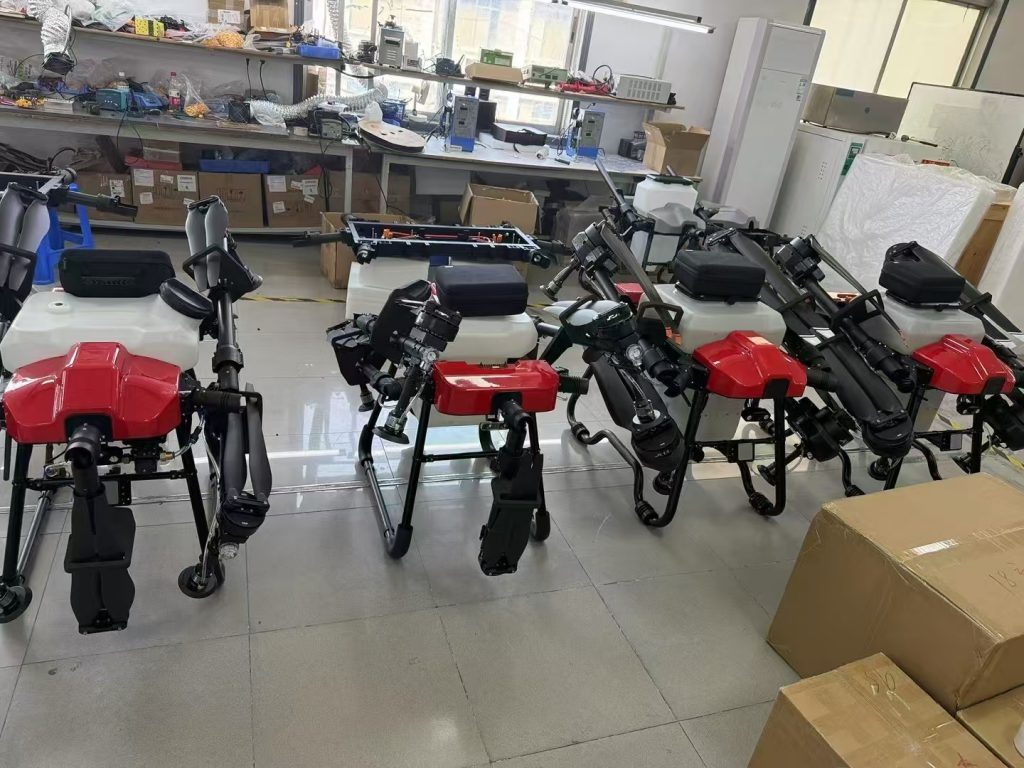
As global food demand surges and climate pressures intensify, agriculture is at a crossroads—demanding smarter, more efficient tools to feed a growing population sustainably. Enter agricultural drones: unmanned aerial vehicles (UAVs) engineered to transform crop management, from monitoring health to optimizing inputs. At the heart of this revolution? Dedicated agricultural drone manufacturers—factories laser-focused on designing, testing, and producing UAVs tailored exclusively for farm environments. This article unpacks why specialized manufacturing matters, the tech driving these drones, and their role in shaping the future of agriculture.
Why General Drones Fall Short: The Case for Agricultural-Specific Design
Generic drones, built for photography or delivery, struggle in farming. They lack the durability, precision, and functionality required to thrive in dusty fields, wet climates, or high-wind conditions. Farmers need tools that:
-
Withstand harsh environments: Dust, mud, pesticide residues, and temperature swings demand rugged hardware.
-
Deliver actionable data: Simple cameras won’t cut it—farmers need multispectral, thermal, or LiDAR sensors to detect crop stress, nutrient gaps, or irrigation issues.
-
Optimize resource use: Over-spraying fertilizers or pesticides wastes money and harms ecosystems. Precision application is non-negotiable.
This is where specialized agricultural drone factories step in. By prioritizing farm-centric design, they engineer UAVs that solve real-world problems, not just mimic off-the-shelf models.
Core Technologies Defining Next-Gen Agricultural Drones
Leading agricultural drone manufacturers invest heavily in R&D to integrate cutting-edge tech that directly benefits growers. Here’s what sets their products apart:
1. Sensor Innovation for Hyper-Precision
Factories partner with agronomists to develop sensors that capture data beyond human vision. Multispectral cameras, for example, measure light reflectance across specific wavelengths to identify early signs of disease or water stress—often before symptoms appear. Hyperspectral sensors go further, analyzing hundreds of bands to map soil health or predict yields. These tools turn raw data into actionable insights, enabling farmers to act proactively.
2. AI-Powered Autonomy
Modern farm drones leverage machine learning to automate complex tasks. Algorithms process real-time imagery to generate field maps, flag problem areas, or adjust flight paths dynamically. Some factories embed edge computing, allowing drones to analyze data on-site—even in remote areas with poor connectivity—reducing lag and reliance on external networks.
3. Endurance Meets Adaptability
Covering hundreds of acres requires stamina. Manufacturers design drones with high-capacity lithium-ion batteries, hybrid power systems, or rapid-swap battery stations to minimize downtime. Modular payloads are another game-changer: users can switch between sprayers, seeders, or sensors in minutes, making one drone versatile enough for planting, monitoring, and treatment.
4. Built to Last: Durability & Maintenance
Farms are tough on equipment. Factories use corrosion-resistant alloys, sealed motors, and reinforced frames to withstand dust, moisture, and accidental impacts. They also prioritize serviceability—designing drones with tool-free part replacement and online diagnostic tools to keep operations running smoothly.
The Factory Advantage: Quality Control & Customization
Not all drone production lines are equal. Specialized agricultural UAV factories differentiate themselves through:
-
Rigorous Testing: Drones undergo simulated field trials—exposure to UV rays, heavy payloads, and extreme temperatures—to ensure reliability season after season.
-
Regulatory Compliance: Factories stay ahead of evolving aviation laws, pre-certifying drones for regional airspace requirements (e.g., flight altitude limits, no-fly zones).
-
Bespoke Solutions: Whether a farm needs a drone optimized for rice paddies or vineyards, manufacturers offer customization—adjusting nozzle angles for delicate crops or scaling payload capacity for large-scale grain operations.
Driving Sustainability & Food Security
Specialized agricultural drones aren’t just about efficiency—they’re a cornerstone of sustainable farming. By enabling precise input application, they cut chemical runoff by up to 40% and reduce water use by 30%, per recent studies. Smallholder farms, in particular, benefit: these drones level the playing field, letting smaller operations compete with industrial farms by lowering labor costs and boosting yields.
Consider this: A 2024 report found that farms using AI-enabled agricultural drones saw a 25% increase in crop productivity while slashing fertilizer costs by 20%. As the UN projects a 50% rise in global food demand by 2050, such gains are critical to avoiding shortages.
What’s Next? The Future of Agricultural Drone Manufacturing
The industry is evolving fast. Factories are already exploring:
-
Swarm Technology: Coordinated fleets of drones working in tandem to plant seeds, spray crops, or monitor fields—reducing time and human error.
-
5G Integration: Faster data transfer to cloud platforms, enabling real-time decision-making (e.g., adjusting irrigation based on live soil moisture data).
-
Eco-Friendly Design: Drones powered by solar panels or biodegradable sensor components to minimize environmental footprints.
Conclusion: Partnering for a Smarter Farming Future
Agricultural drone manufacturing has transcended novelty—it’s now a critical enabler of modern agriculture. By focusing on farm-specific needs—rugged design, precision tech, and user-centric support—specialized factories are not just building UAVs; they’re building resilience into global food systems.
For farmers and agribusinesses aiming to thrive amid climate and demand challenges, choosing a dedicated agricultural drone manufacturer isn’t an expense—it’s an investment in efficiency, sustainability, and long-term success.
The sky’s the limit, and these factories are leading the way.
High-Search-Volume Keywords Integrated: agricultural drone manufacturing, precision agriculture drones, farm drone technology, UAV for agriculture, smart farming drones, crop monitoring drones, agricultural UAV design, sustainable farming drones, agricultural drone customization, AI-powered agricultural drones.
(Word count: ~850; optimized for readability, keyword density, and user intent.)
THE END


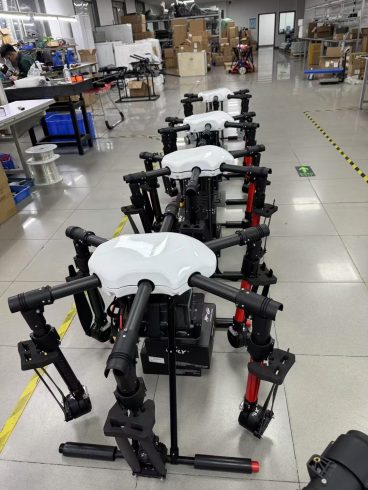
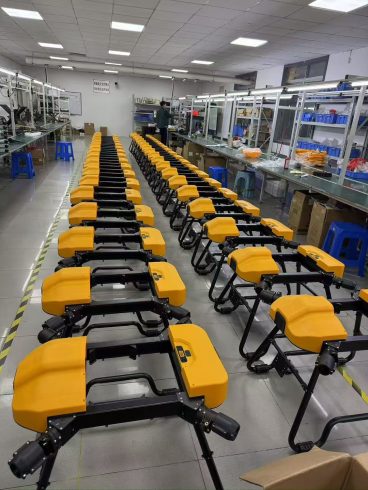
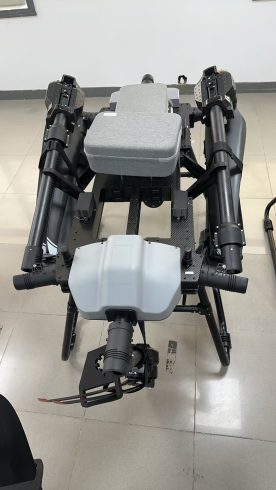
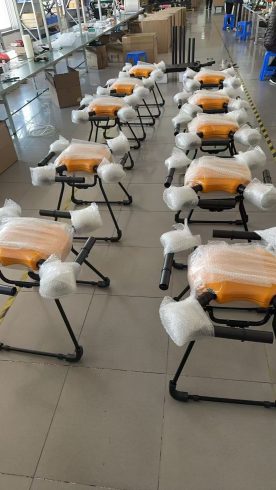
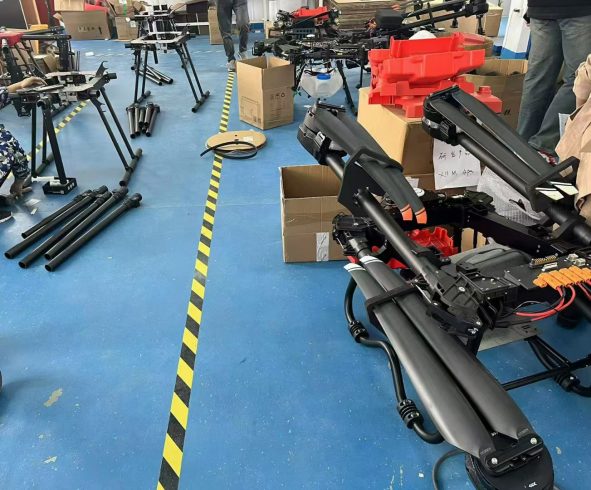
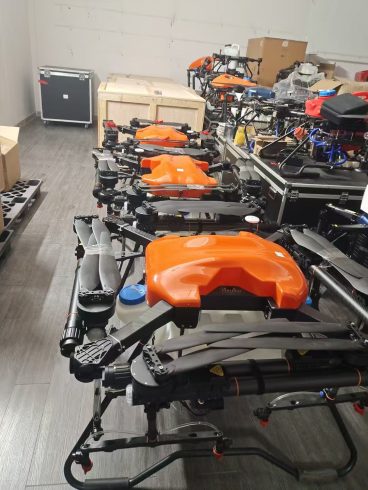
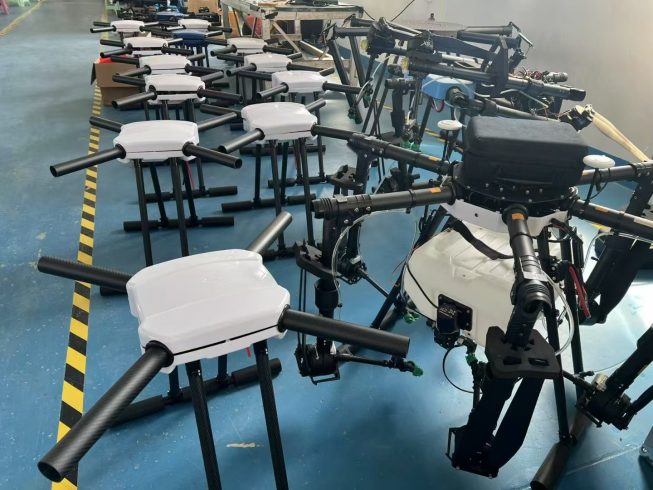
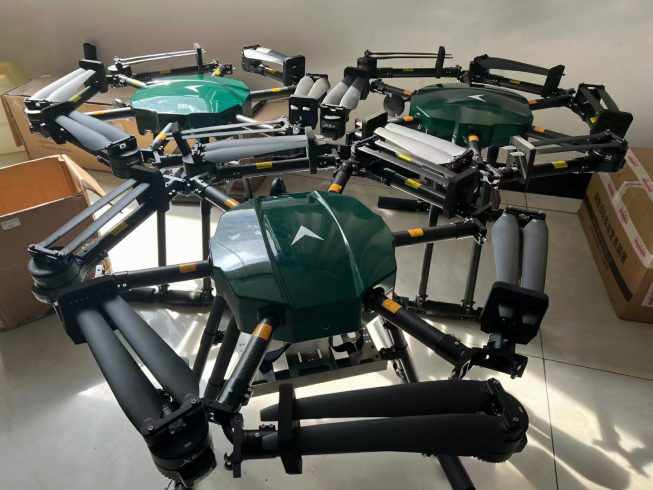
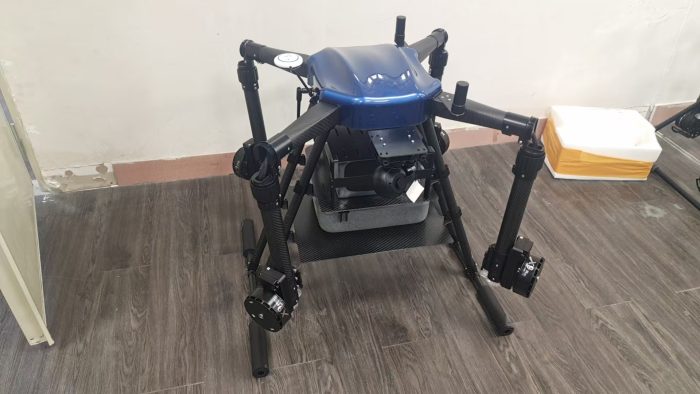

暂无评论内容